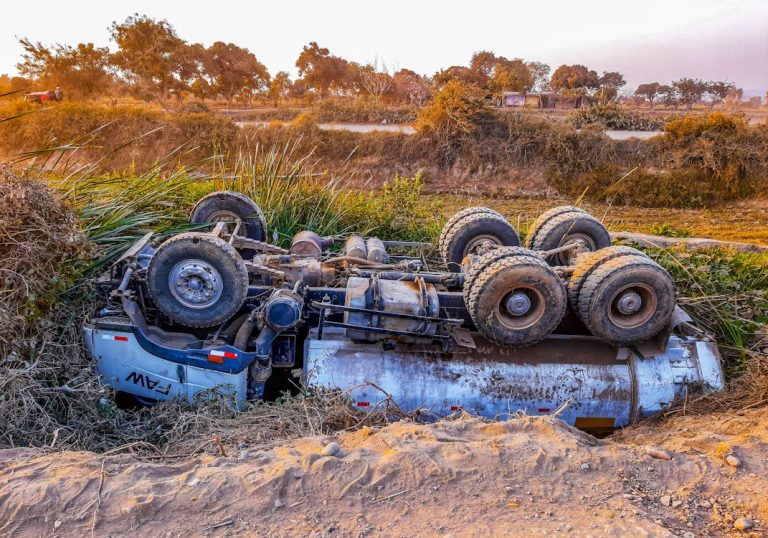A car crash can change everything in a matter of seconds. From physical injuries and emotional stress to damaged vehicles and lost income, the aftermath often feels overwhelming. If you’ve been in a crash, you deserve to take every legal step to ease your burden and protect your rights.
In a vibrant city like Las Vegas—where the roads are packed with locals, tourists, and rideshare vehicles—accidents are unfortunately common. With a busy nightlife and heavy traffic, it’s no surprise that crashes happen frequently.
This article walks you through the essential steps to file a car accident claim successfully. Whether you’re a long-time local or a visitor caught in a crash, understanding your rights and responsibilities can help you get the financial support you deserve.
Here’s what you need to know to move forward with confidence.
- Call a Lawyer First—Not Your Insurance Company
Before picking up the phone to call your insurance provider, speak with an experienced car accident attorney. This might sound unnecessary to some, but it’s one of the most important decisions you can make. Insurance companies exist to protect their bottom line, not yours. The moment you contact them, they begin building a file—one that might be used to minimize or even deny your claim.
In Las Vegas, the situation becomes even more complex. With so many different accident scenarios and legal considerations unique to Nevada, a local attorney understands how to navigate the system efficiently. If you’re looking for a car accident attorney Las Vegas has plenty of experienced professionals who can help you throughout this journey, ensuring you get the compensation you deserve.
The right lawyer isn’t just helpful—they’re your advocate from day one.
- Check for Injuries and Get Medical Help Immediately
Even if you feel fine after the crash, don’t assume you’re uninjured. Adrenaline often masks pain, and some injuries don’t show up right away. Internal damage, soft tissue injuries, and even head trauma can take hours or days to become noticeable. That’s why you should always seek medical help right away.
Doctors can not only diagnose and treat hidden injuries, but their reports become a key part of your legal claim. Delaying treatment or skipping a checkup can weaken your case. If you try to file for damages later and there’s no record of immediate care, it might appear as though your injuries weren’t serious or even related to the crash. Always keep documentation from every visit, prescription, and medical test.
- Report the Crash and Get a Police Report
In Nevada, you’re required to report accidents that involve injuries, deaths, or property damage. But even if it’s a minor collision, calling the police is a smart move. Officers can help create an objective record of the crash, which is critical when you file your claim.
The police report includes the location of the crash, vehicle information, weather and road conditions, and witness statements. It may also include who the officer believes was at fault. All of this becomes vital evidence for your claim.
- Gather Evidence at the Scene
If your condition allows, start collecting evidence right away. Photos of the vehicles, your injuries, the intersection, skid marks, or any nearby traffic signs can all be helpful later. Don’t just rely on the police report—create your own file of details.
Get the other driver’s name, license plate, insurance info, and contact number. If there were any witnesses, ask for their contact details, too. Often, by the time a claim is filed, witnesses have moved on, and evidence disappears. The more documentation you have early on, the better your case will be.
- Notify Your Insurance Company—but Be Careful
After getting legal advice, you’ll need to notify your insurance company about the accident. It’s important to do this promptly, as most policies require immediate notice. But be mindful of what you say. Stick to basic facts—where the crash happened, the vehicles involved, and whether you were injured.
Avoid giving a recorded statement or speculating about fault. Never accept blame or say you feel fine. Insurance adjusters are trained to pick apart your words and use them to reduce payouts. Let your attorney review all communication to make sure your rights are protected.
- Understand the Different Types of Compensation
After a crash, many people only think about immediate medical bills and car repairs. But the real cost of an accident can run much deeper. Depending on the situation, you may be eligible for several forms of compensation.
This includes not just current medical expenses but also the cost of future treatment, therapy, and rehabilitation. If the crash caused you to miss work—or left you unable to return to your job—you could recover lost wages or even compensation for reduced earning potential. Pain and suffering, emotional distress, and damage to your quality of life are also considered. The more severe and lasting the impact of the crash, the more compensation you may be entitled to. An experienced attorney can help you calculate the full scope of your losses and ensure no category is overlooked.
- Be Wary of Quick Settlement Offers
After an accident, insurance companies may try to settle quickly. At first, this might feel like a relief—one less thing to worry about. But fast settlements are usually low offers designed to save the company money, not help you fully recover.
Once you accept a settlement, that’s it. You can’t reopen the case or ask for more if your condition worsens. Many people discover later that they need additional medical treatment or that their injuries are more serious than they initially realized. If you’ve already settled, those costs will come out of your own pocket.
Don’t rush the process. Take the time to understand the long-term consequences of your injuries. Your attorney can handle negotiations and push back if the insurance company tries to undercut your claim.
- Be Mindful of Deadlines
Every state has deadlines for filing a legal claim. For personal injury claims, the statute of limitations in Nevada is two years from the date of the accident. That might sound like a long time, but cases can take months to investigate and prepare.
If you wait too long, valuable evidence might be lost. Witnesses may forget what they saw. Reports can become harder to access. Missing the deadline means you lose your right to compensation—no matter how strong your case is.
Filing a car accident claim isn’t just about filling out forms—it’s about making sure your life gets back on track. Knowing what to do and when to do it can protect your finances, your health, and your peace of mind. With legal support, accurate records, and smart decisions, you can take control of the situation and make sure you get the financial help you need.




